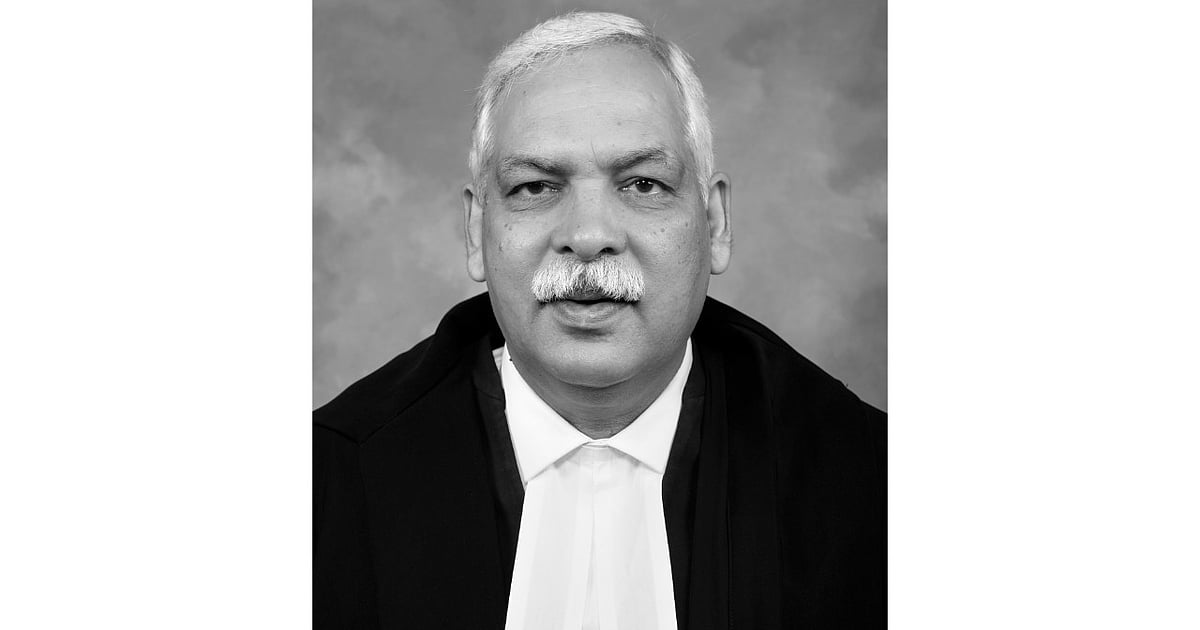 |
|
The appointment of Justice Devendra Kumar Upadhyay as the new Chief Justice of the Delhi High Court marks a significant development in the Indian judicial system. His ascension to this prestigious role follows a recommendation from the Supreme Court Collegium, a body responsible for recommending appointments and transfers of judges within the higher judiciary of India. The Collegium's recommendation, dated January 7th, initiated the process leading to his formal appointment. This process, while seemingly straightforward in its conclusion, involves a complex interplay of legal procedures, considerations of judicial experience and merit, and ultimately, the exercise of executive power in formally appointing the recommended individual. The Delhi High Court, as one of India's most important High Courts, handles a vast volume of cases, spanning a diverse range of legal matters, from criminal and civil litigation to constitutional challenges and public interest litigation. The Chief Justice’s leadership is therefore pivotal to the efficient and effective functioning of the court, ensuring the timely and just resolution of disputes. The appointment of Justice Upadhyay underscores the ongoing importance of maintaining the integrity and independence of the judiciary, a cornerstone of India's democratic framework. This appointment also highlights the continuous cycle of judicial appointments and transfers that help to maintain a dynamic and responsive judiciary, adapting to the evolving needs of a large and complex nation.
The Supreme Court Collegium's role in recommending judicial appointments is a subject of ongoing discussion and debate within India's legal and political landscape. The Collegium system, established to ensure the independence of the judiciary from potential political influence, operates through a process of internal deliberation and consensus among its members, who are themselves senior judges of the Supreme Court. The criteria used in evaluating candidates for judicial appointments are not explicitly codified, and remain a subject of some opacity. However, factors such as judicial experience, legal scholarship, integrity, and reputation are generally understood to be crucial considerations. Critics have argued that the Collegium system lacks transparency and accountability, while proponents maintain that it safeguards the judiciary's independence and ensures that appointments are based on merit rather than political expediency. The January 7th recommendation of Justice Upadhyay's transfer was one step in this broader process, and his eventual appointment underscores the importance of the Collegium's role in shaping the composition and leadership of the Indian judiciary. The process itself, from recommendation to final appointment, highlights the delicate balance between judicial independence and the executive's role in formally appointing judges.
Justice Upadhyay's appointment signifies more than just a change in leadership within the Delhi High Court. It represents a continuation of the ongoing evolution and refinement of the Indian judicial system. The Delhi High Court, situated in the nation's capital, holds significant influence, often setting precedents and influencing legal thinking across the country. The Chief Justice's role in managing the court's docket, overseeing judicial processes, and maintaining the integrity of its operations is crucial to its continued effectiveness. Justice Upadhyay's prior experience and judicial record will undoubtedly shape his approach to leading the court. His tenure will likely be marked by a focus on efficiency, judicial reforms, and upholding the rule of law. As the new Chief Justice, he will face numerous challenges, from managing the growing caseload to addressing emerging legal issues arising from technological advancements and societal changes. His leadership will be instrumental in ensuring the Delhi High Court continues to serve as a robust and independent guardian of justice, providing access to justice for all citizens.
Looking ahead, Justice Upadhyay's leadership will be critical in addressing the ongoing challenges faced by the Delhi High Court and the Indian judicial system as a whole. This includes navigating the complexities of a rapidly evolving legal landscape, addressing issues of backlog and delays, and ensuring access to justice for all, regardless of social or economic background. His experience and judicial temperament will be tested in his efforts to lead the court into a new era of judicial efficiency and effectiveness. The appointment itself serves as a reminder of the critical role of an independent and effective judiciary in a thriving democracy, and the ongoing efforts to maintain and improve the integrity of this essential branch of government. The legacy of Justice Upadhyay’s tenure will be shaped by his ability to address these challenges and continue to uphold the highest standards of justice within the Delhi High Court.
Source: Justice Devendra Kumar Upadhyay appointed new chief justice of Delhi HC
